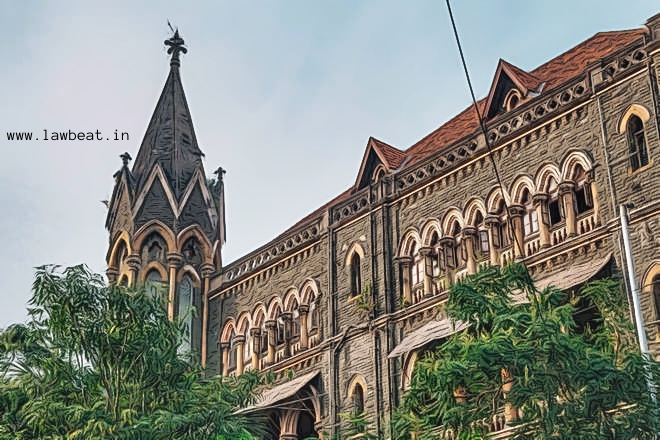“The shoulders of our institution are broad enough to shrug off such scurrilous allegations,” says Bombay HC in contempt plea

The power of contempt of court is to be used not to ‘protect the dignity of the court’ but “to protect and vindicate the right of the people so that the administration of justice is not perverted, prejudiced, obstructed, or interfered with,” noted Bombay High Court (Goa) recently in a contempt petition.
It must be noted that the present plea has been filed by one Kashinath Shetye, against one David Cleaver, a British citizen before the court alleging that he was uploading videos on YouTube/WhatsApp and made ‘scurrilous’ allegations against the lower judiciary.
The Division Bench Chief Justice Dipankar Datta and Justice M S Sonak has declined to punish a man who allegedly made allegations on social media against the judiciary and observed that,
“In such matters, we remind ourselves that it is the people that have a vital stake in the free and effective administration of justice. The Court has the duty of protecting this interest of the community in the due administration of justice and, so, it is entrusted with the power to punish for its contempt.”
The Bench also stated that, such content, is best treated with contempt, rather than in contempt particularly since respondent has neither bothered to cite any specific instances nor bothered to lodge any complaints backed by even, prima facie, credible material.
“The inquiries made on our administrative side revealed the irresponsibility of the comments and the possible use of the uploader as a front by some disgruntled litigants. Therefore to take this matter any further might only serve to feed the publicity craze of those that have uploaded this content to provoke rather than out of some concern to bring to fore some genuine grievance concerning the administration of justice in Goa,” observed Bench
The Bench also agreed that the content “prima facie’’ is quite contumacious and might, if established, constitute criminal contempt. But it preferred not to proceed with the matter since it was “better to proceed with confidence in our institutions and our judicial officers who function to the best of their abilities without fear or favor.”
Citing Supreme Court’s decision in Haridas v. Usha Rani Banik (2007)14 SCC 1, where it was held that the majesty of law continues to hold its head high notwithstanding any scurrilous attacks made by persons who feel that the law Courts will absorb anything and everything, including attacks on their honesty, integrity and impartiality. Thereby, disposing of the plea the bench noted that,
“The Courts generally ignore irresponsible statements which are anything but legitimate criticism. This magnanimity is not its weakness but its strength. It needs no reiteration that on judiciary millions pin their hopes, for protecting their life, liberty, property, and the like. Judges do not have an easy job. They repeatedly do what the rest of us (the people) seek to avoid, make decisions, said David Pannick in his book Judges.”
[Case Title - Kashinath Jairam Shetye v. David Clever & Ors.]
